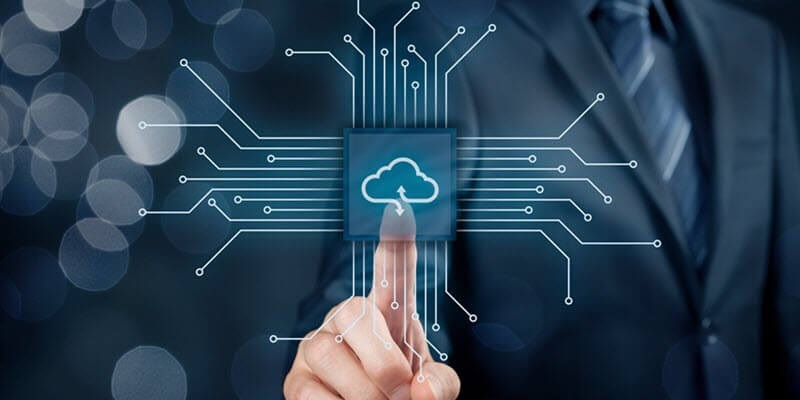In today’s dynamic restaurant industry, staying competitive requires efficiency, agility, and the ability to adapt quickly to changing circumstances. Cloud-based Restaurant OS have emerged as indispensable tools, providing restaurants with the agility and capabilities needed to thrive in a digital age. Here’s a closer look at the pivotal role of cloud-based ROS:
Accessibility Anytime, Anywhere:
One of the standout advantages of cloud-based ROS is accessibility. Restaurant owners and managers can access critical data and management tools from anywhere with an internet connection. This flexibility is particularly valuable for multi-location or chain restaurants, enabling centralized management and oversight.
Real-Time Data and Updates:
Cloud-based systems offer real-time data synchronization. This means that any changes made in the system, whether it’s an order update or a menu change, are instantly reflected across all devices and locations. This ensures consistency and eliminates discrepancies.
Scalability and Flexibility:
Cloud-based ROS systems are highly scalable. As your restaurant grows, you can easily add more terminals or locations without the need for extensive hardware investments or complicated software installations. This adaptability is essential for expanding businesses.
Cost-Efficiency:
Traditional POS systems often require substantial upfront investments in hardware and software licenses. In contrast, cloud-based systems typically operate on a subscription model, spreading costs over time and reducing the initial financial burden on restaurant owners.
Data Security and Reliability:
Leading cloud providers invest heavily in data security and redundancy. Your restaurant’s data is stored securely in the cloud, protected from physical damage or theft. Plus, cloud-based systems usually come with automatic backups, ensuring your data is safe even in the face of technical issues.
Integration Capabilities:
Cloud-based ROS can easily integrate with other systems, such as accounting software, inventory management tools, and online ordering platforms. This integration streamlines your restaurant’s operations and ensures that data flows seamlessly between different aspects of management.
Remote Management:
The ability to remotely manage your restaurant operations is a game-changer. Whether it’s adjusting pricing, updating the menu, or monitoring sales in real-time, cloud-based ROS systems empower restaurant owners to make informed decisions on the fly.
Sustainability and Environmental Impact:
Cloud-based systems are more environmentally friendly. They reduce the need for on-site servers and paper-based processes, contributing to sustainability efforts.
In conclusion, cloud-based Restaurant Operating Systems are more than just tools for managing orders and payments; they are the future of restaurant management. Their accessibility, scalability, security, and integration capabilities provide restaurants with a competitive edge in an industry that demands agility and efficiency. Embracing cloud technology is not just a trend; it’s a strategic move that ensures your restaurant’s long-term success.



